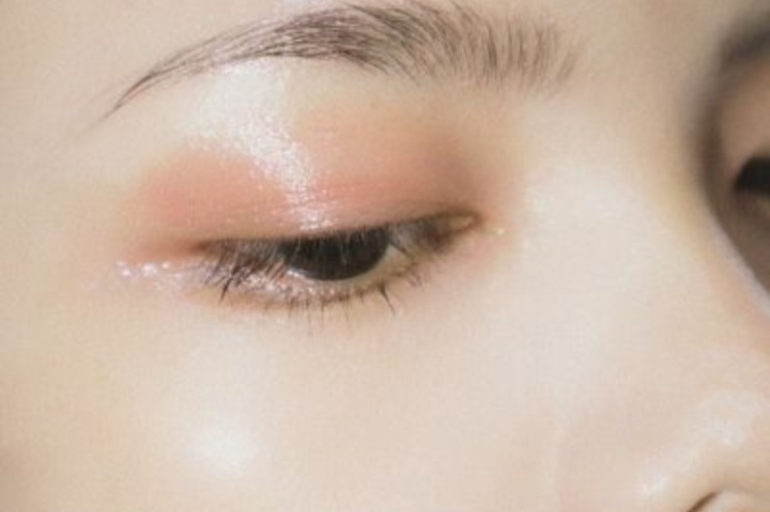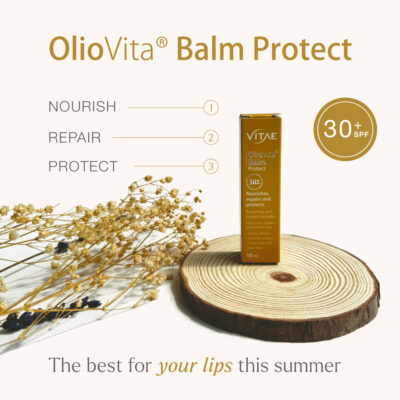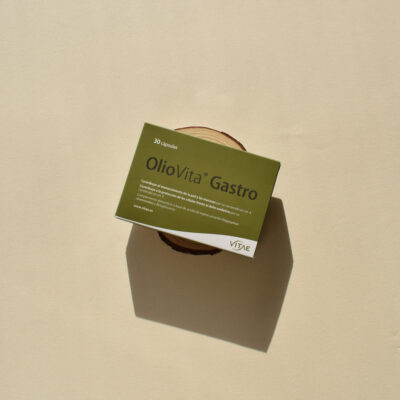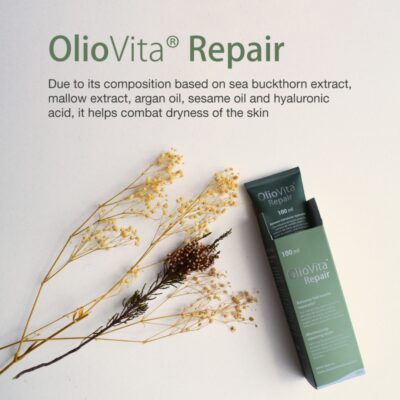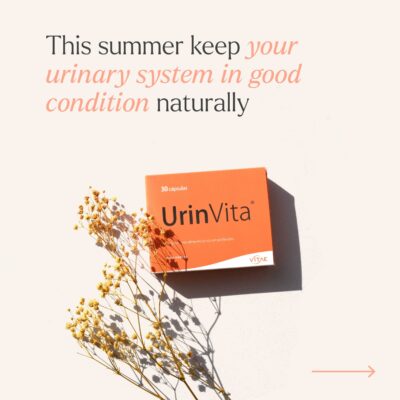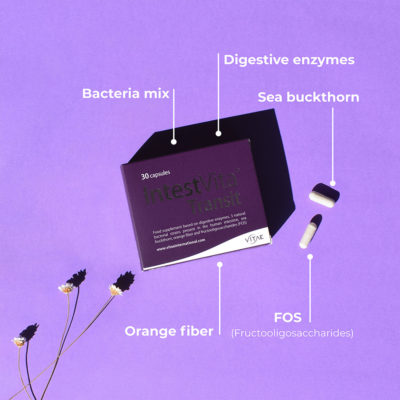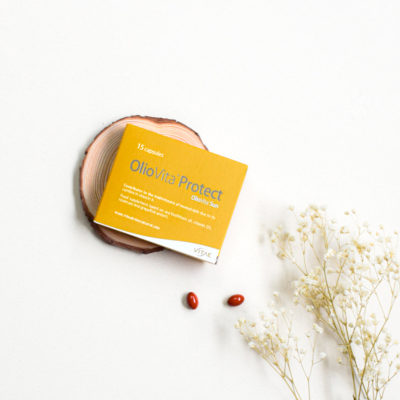We spoke with one of our skin experts, Fran Ballesteros, pharmacist and Vitae educator, to explain how to prevent skin aging, why our skin ages, the role of the sun in this process and, most importantly, how we can slow it. Always from the holistic and natural point of view, trying not to go against nature since, as Fran Ballesteros says, aging is a sign that we are alive so trying to stop this process makes no sense.
Why does the skin age?
The skin is an organ, in fact, the largest in the body, so it ages just like the other ones. Since the skin is a very “visible” organ, we are just more aware of the aging process.
We age because we are alive! We must not forget that the first oxidizing agent in the world is oxygen, which is why, from the moment we are born (which is when we begin to breathe), we begin to age. If, in addition, we expose ourselves to pollution, solar radiation, toxins or chemicals… it will cause a higher level of oxidation than that of oxygen itself, which will accelerate the aging process.
To sum up, we age because physiologically it has to be that way and because we are exposed to external, aggressive and highly oxidizing substances. Food also plays an important role, since if we eat ultra- processed and low-quality foods, we will accelerate the aging process of our cells. Therefore, the question is not why we age but why we accelerate the aging process.
What are the benefits and contraindications of the sun?
In the first place, sun radiation has to pass through the atmosphere, so part of the sun radiation stays in the atmosphere.
The main benefit is that the sun promotes the synthesis and absorption of vitamin D, which has a certain hormonal character and great benefits for our immune and musculoskeletal systems. We have to take it through diet or supplements, but for this vitamin to be activated, we need ultraviolet radiation. Chemically there is a ring of vitamin D that has to be ” closed ” and for it to be produced, we need ultraviolet radiation. So if we are not exposed to this radiation, we will have vitamin D, but not its active form, to put it simply.
In countries with a significant lack of sun, ultraviolet light lamps are marketed to be able to correctly synthesize this vitamin.
Another function of radiation is to reduce bilirubin levels, especially in young children, who have an immature liver and do not eliminate bilirubin quite well.
The main contraindications of solar radiation are:
- The photoaging, as one of the agents that accelerate the oxidation of the body and the skin are free radicals generated by solar radiation.
- Ultraviolet radiation is capable of penetrating cells, which is why sometimes they “get out of control” and form melanomas and other disorders such as sun allergies.
- Exposure to the sun has many benefits, but it has to be done in a controlled and conscientious way.
Allergies, spots and sunburns
Sunspots appear when solar radiation generates free radicals in our body that activate cells called melanocytes whose main function is to produce melanin (that is why we get tanned). If I have an area of my skin in which I have a more accelerated production due to solar radiation, a sunspot will be produced.
In the case of sun allergies,exactly the same happens, but in this case, what is affected are the Langerhans cells (cells of the skin’s immune system), instead of the melanocytes.
To reverse sun spots and allergieswe have two options. On one hand, I must I apply a topical sunscreen to block the radiation of the sun. The problem is that we have to do it in the conditions and time indicated by the manufacturer, otherwise at some point we will have a gap without sunscreen. On the other hand, we also find biological filters, in this case the so-called antioxidants. There are topical or oral antioxidants. In the second case, we will achieve a high and effective level of antioxidants in the blood that will cover us 24 hours and will replace the gaps that the sunscreen may leave us.
Somehow, the combination of the topical sunscreen and oral antioxidants is the best combination, since it is impossible to apply correctly sunscreen 24h of the day.
Finally, sunburns have not so much to do with the oxidation that the sun produces but with the fact that radiation heats up the skin and causes it to lose water. If we do not continuously hydrate it correctly, the skin will dry out and suffer from inflammation, causing a sunburn.
We can reverse sunburns by applying an “after sun” after sun exposure to rehydrate and reverse the dryness that exposure to the sun has produced and, secondly, hydrating and regenerating the skin from within.
How can sea buckthorn help us to have a healthier and glowy skin?
When we have dehydrated skin we need more than water. We should work on restructuring the skin. In this case, sea buckthorn has a large amount of omega-7 that gets between the layers of the skin and, to put it simply, rebuilds the building blocks of our skin. In short, sea buckthorn restructures, balances and hydrates the skin and mucous membranes

